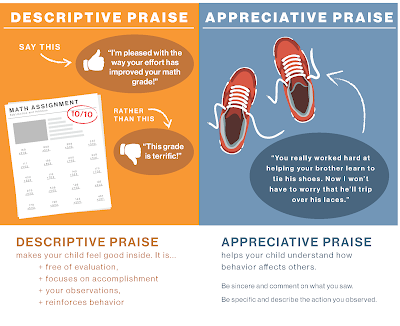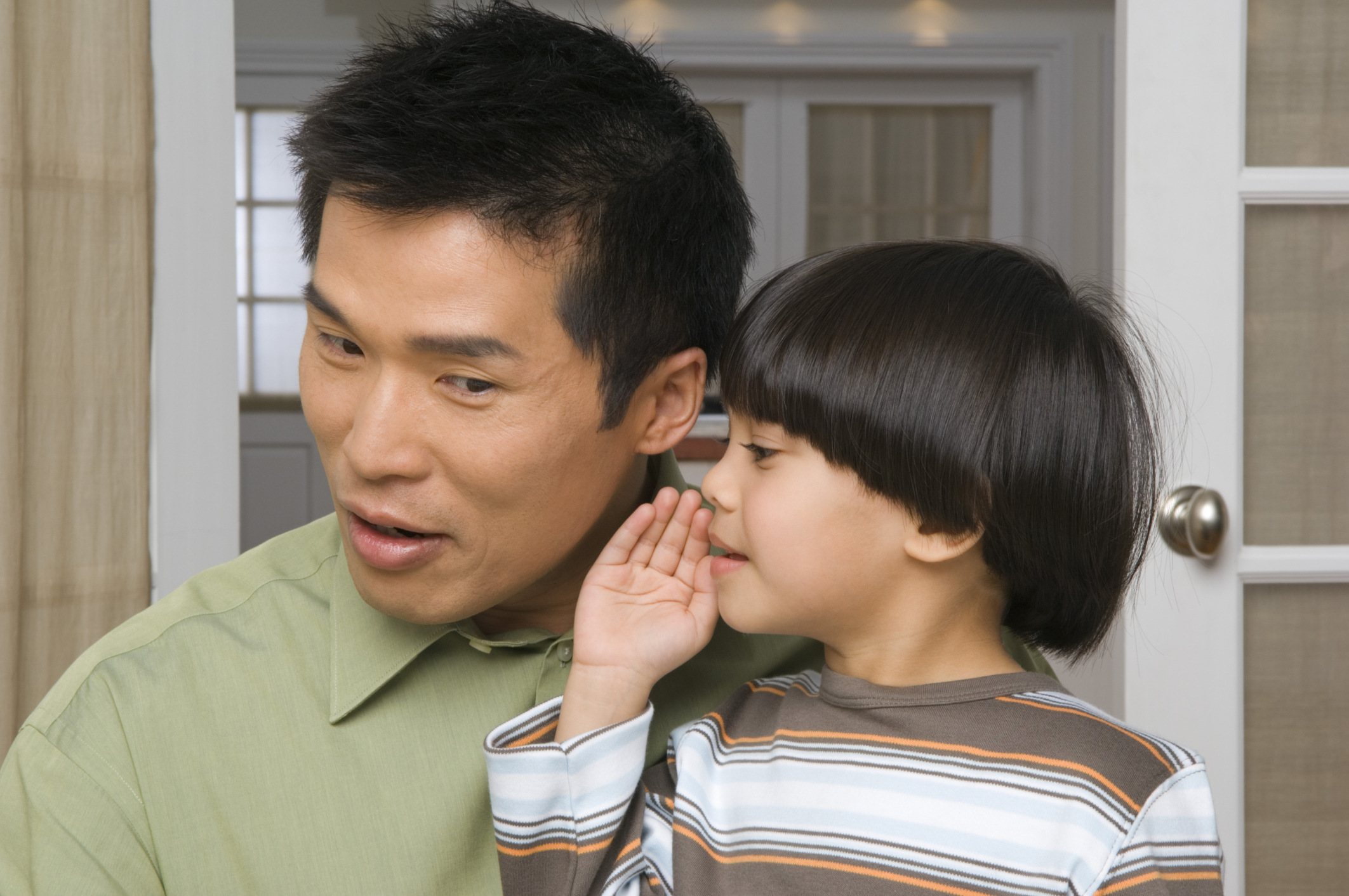When I was a kid, I remember having to rotate household chores, and the one I hated the most was washing the dishes. To my young mind, it appeared to be an impossible task to complete, and I just knew it would take forever! I fantasized about having the magician from Sword in the Stone come to my house and enchant the dish scrubber and dishes so that they would clean themselves while I went off to have fun.

Now that I have children of my own, I see that they have some of the same struggles that I have had too. It leaves me scratching my head and wondering, how do I motivate my children to do things that they don't want to do? How do I teach my children to work hard and push through challenges?
Grit
In my university studies, I learned that what I was really looking to teach my children was grit. This characteristic is means that a person has a strong power of persistence. They thrive rather than shrink, in the face of difficulty. According to a recent Forbes article, the five characteristics of grit are:
- Courage - your ability to manage fear of failure is imperative and a predictor of success.
- Conscientiousness - The achievement-oriented individual is one who works tirelessly, tries to do a good job, and completes the task at hand.
- Long-term goals and endurance - achievement is the product of talent and effort, the latter a function of the intensity, direction, and duration of one’s exertions towards a long-term goal.
- Resilience - optimism, confidence, and creativity.
- Excellence - gritty people don't seek perfection but instead strive for excellence (Perlis, 2013).
I thought it was really interesting to read that grit is made up of many different characteristics. There isn't just one part of a person that determines whether or not they have grit, but it travels over many different areas of a person's personality. In the following video, Angela Duckworth discusses research that she's done on grit, and how it relates to children succeeding in the classroom.
One of the things that Duckworth mentioned in her TED Talk that can contribute to developing grit in children is growth mindset.
Growth Mindset
The following graphic depicts the difference between a growth mindset and a fixed mindset. This guide for teaching children a growth mindset defined it as follows:
"Growth mindset occurs when we believe our intelligence and abilities can be
improved upon with effort and the right strategies. A willingness to confront challenges, a passion for learning, and viewing failure as a springboard for growth are all characteristics associated with a growth mindset." (Louick, 2019)

It's possible for children to learn and develop a growth mindset, which will in turn help them develop more grit. When a child feels that they can't possibly complete a task because their not good at it, or they become frustrated and give up, this is a fixed mindset. When it was my turn to do the dishes, I always had a fixed mindset that I was not good at doing the dishes, and I didn't want to face the challenge. If I had developed a growth mindset, I might have looked at the challenge of doing the dishes differently. I would have felt that my attitude and effort would help me get through the difficult task.
What could my parents have done to help me develop that growth mindset, and what could I do to help my children develop it as well? One of the first and most important steps is praise.
Praise
"Good job, buddy!"
"That's awesome!"
"Way to go!"
This is definitely not the kind of praise that helps develop a growth mindset. This type of praise is called evaluative praise, and while it may feel good in the moment, it doesn't really encourage or recognize effort.
Descriptive praise does not contain judgment, and is only focused on observations and the effort of the child. Appreciative praise is similar in that it also contains observations and withholds any type of judgment language. It is phrased to help a child understand the ripple effect of their actions.

Some example of descriptive and appreciative praise are:
- I’m really impressed with how hard you worked on your science project. You were so thorough and careful in your work.
- You showed a lot of dedication when you spent extra time practicing piano the last couple weeks. You even sacrificed spending time with friends to master that difficult piece you’ve been learning.
- I noticed you went the extra mile when you cleaned the kitchen last night, even though you don’t like doing that job. You got every last dish washed and made the counters sparkle.
- I noticed you helping your younger brother put away the dishes. It really helps our whole family and makes it easier to keep the house clean, and it strengthens the relationship between the two of you.

When we offer descriptive and appreciative praise to our children, it helps them to value the effort that they exerted, which helps them develop a growth mindset, which helps them develop grit, which helps them to be successful in life! This process might not be an enchanted dish scrubber that will automatically wash the dishes for you, but it's pretty darn close!
References:
Louick. R. (2019, July 5). How to teach growth mindset to kids: The 4-week guide. Big Life Journal. https://biglifejournal.com/blogs/blog/teach-growth-mindset-kids-activities
Perlis, M. M. (2013, October 29). 5 characteristics of grit: How many do you have? Forbes. https://www.forbes.com/sites/margaretperlis/2013/10/29/5-characteristics-of-grit-what-it-is-why-you-need-it-and-do-you-have-it/#71d688294f7b







